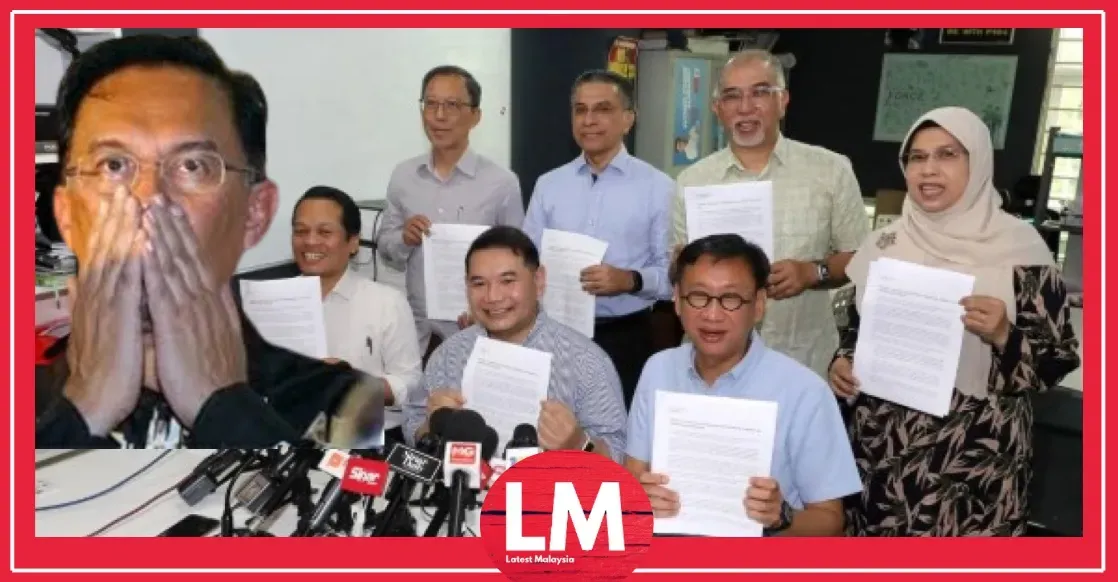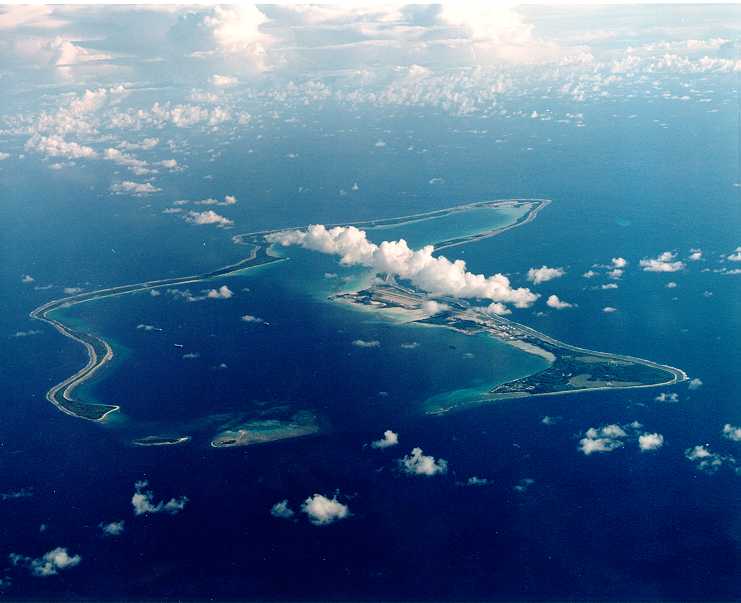Analysis: The Potential Suspension of Nine PKR MPs
PKR considers suspending nine MPs, including Rafizi, for dissent. Expulsion risks backlash, while suspension may not silence criticism, reflecting internal divisions and past political missteps.

The prospect of suspending nine Members of Parliament (MPs) from Parti Keadilan Rakyat (PKR) has sparked debate within the party. While suspending MPs may seem straightforward—requiring only a decision from party leadership—the implications and motivations behind such a move are complex.
Expulsion, rather than suspension, has been suggested as an alternative. Suspension may be seen as a compromise, keeping dissenting MPs within the party while expecting them to moderate their criticism. However, Rafizi Ramli, a prominent figure among the nine, has indicated he would not remain silent if suspended, potentially undermining the purpose of the action. This raises questions about whether Rafizi is deliberately provoking expulsion to gain freedom to publicly critique the party’s leadership and recent controversies without internal constraints.
PKR MPs
Rafizi’s near-daily challenges to PKR’s leadership, particularly his divergence from party decisions, constitute breaches of party ethics and rules. This mirrors recent events in the UK, where the Labour Party suspended four MPs, only for them to continue their criticisms of Prime Minister Keir Starmer, suggesting that suspension may not silence dissent.
Within PKR, both leadership and grassroots appear to believe that expelling the nine MPs would carry minimal political consequences, despite their vocal opposition to Prime Minister Anwar Ibrahim on various issues. This perception may stem from a sense of overconfidence or denial within the party, which has faced significant criticism following its party election fiasco in May.
Anwar’s past decisions, such as his refusal to align with Mahathir Mohamad on a Perikatan Nasional 2021 budget —an action that would have called for a bloc vote on the budget —highlight a history of controversial choices that divided the party. Some PKR members disagreed with that stance, viewing it as a political misstep. The party’s current trajectory suggests it may be ignoring its declining public support and internal fractures.
The question remains: will PKR expel Rafizi and his allies to suppress internal criticism of Anwar’s leadership, or will it allow dissent in the name of free expression? The party’s track record—two and a half years in the current government and 22 months in a previous term—shows a pattern of unfulfilled promises, which may influence its decision. Expelling the MPs could stifle debate but risks further alienating supporters, while tolerating dissent may project openness but weaken party unity. The leadership faces a critical choice that could shape PKR’s future.



